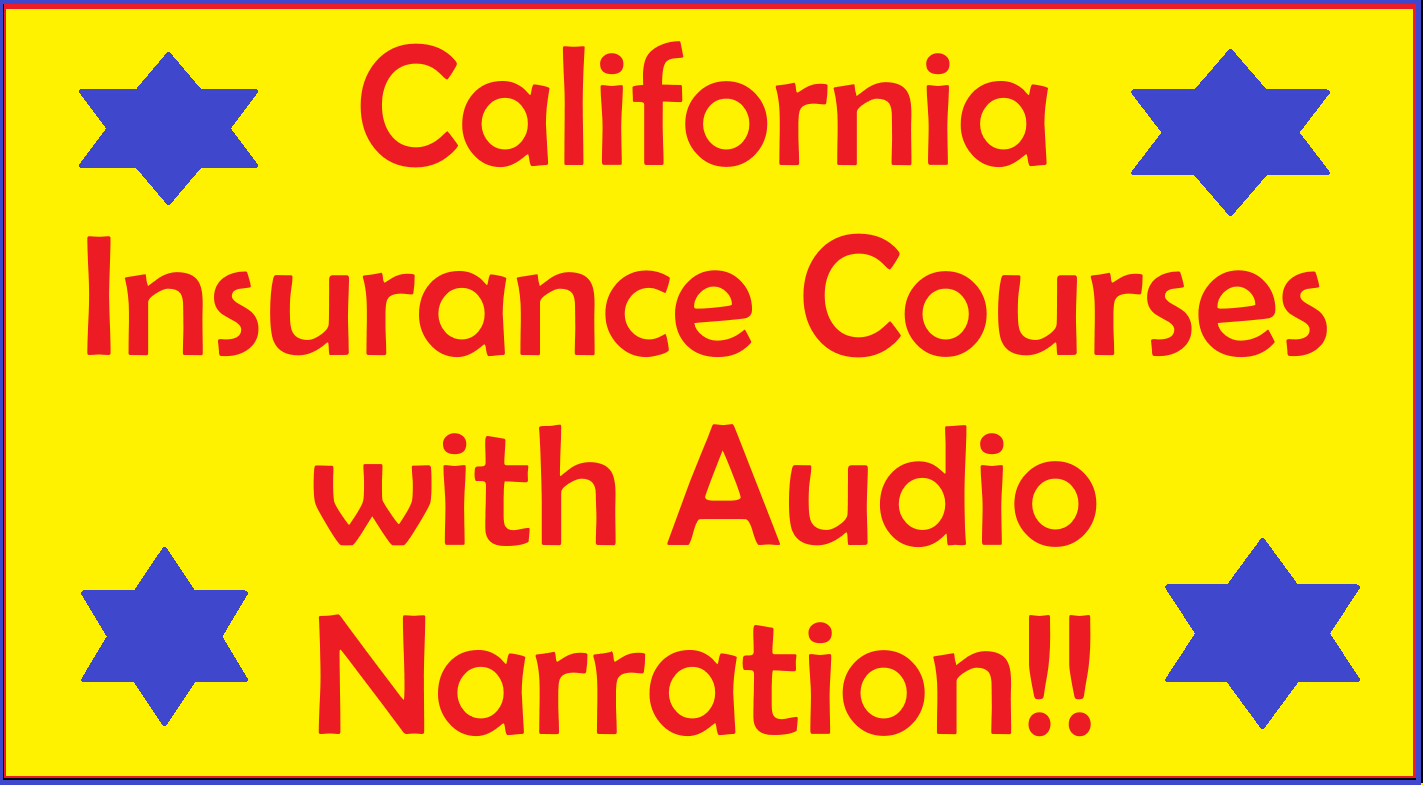Virtual Currency Transactions and Form 1040 2025
Current Status
Not Enrolled
Enroll in this course to get access
Price
$4.78
Get Started

According to a survey done by the Pew Research Center whose results were published in April 2023, 17% of Americans indicated they personally have invested in, traded or otherwise used virtual currency. Additionally, the number of people investing in or engaging in transactions involving virtual currency continue to increase. These statistics strongly suggest that tax preparers must be aware of the nature of virtual currency and its tax treatment. It’s to provide that awareness that Tax Treatment of Virtual Currency was written.
No advance preparation needed
Program Level – Basic
Program prerequisites – None
Delivery method – QAS self-study
Recommended CPE credits – 2
Recommended field of study – Taxes
Course Learning Objectives
- recognize the methods of obtaining and storing virtual currency
- describe how transactions involving virtual currency work
- understand the basic nature of blockchains
- apply the existing U.S. tax laws to virtual currency transactions
- identify when and where to report taxable virtual currency events and transactions
Copyright 2025 by Winn Publications ALL RIGHTS RESERVED. NO PART OF THIS COURSE MAY BE REPRODUCED IN ANY FORM OR BY ANY MEANS WITHOUT THE WRITTEN PERMISSION OF THE COPYRIGHT HOLDER. All materials relating to this course are copyrighted by Winn Publications. Purchase of a course includes a license for one person to use the course materials. Absent specific written permission from the copyright holder, it is not permissible to distribute files containing course materials or printed versions of course materials to individuals who have not purchased the course. It is also not permissible to make the course materials available to others over a computer network, Intranet, Internet, or any other storage, transmittal, or retrieval system. This document is designed to provide general information and is not a substitute for professional advice in specific situations. It is not intended to be, and should not be construed as, legal or accounting advice which should be provided only by professional advisers. No advance preparation needed Program Level - Basic Program prerequisites - None Delivery method - QAS self-study Recommended CPE credits - 2 Recommended field of study - Taxes
Course Content
Exams
Final Exam – Virtual Currency Transactions and Form 1040
You don't currently have access to this content




